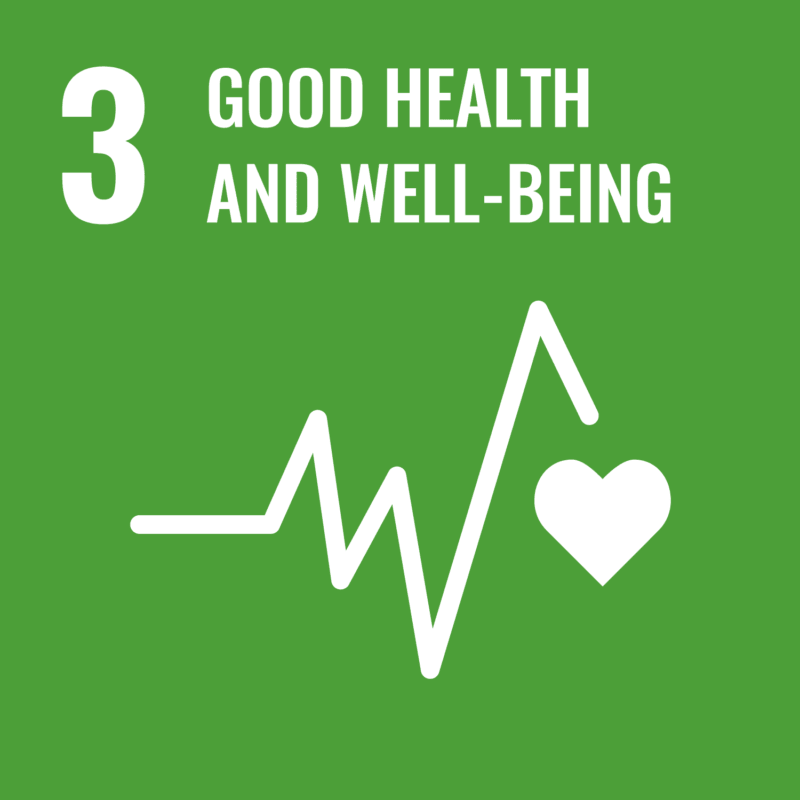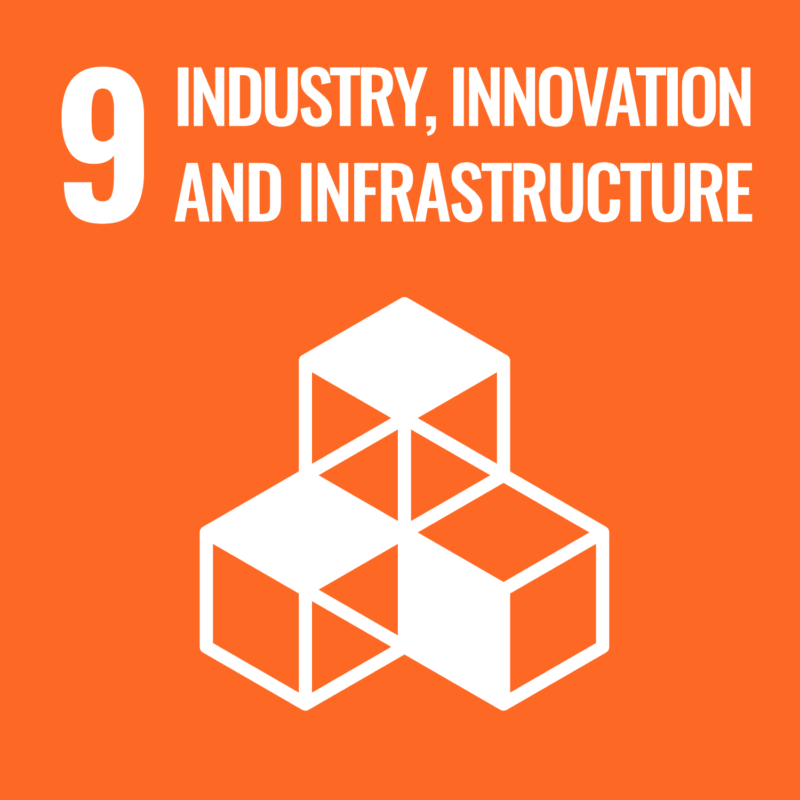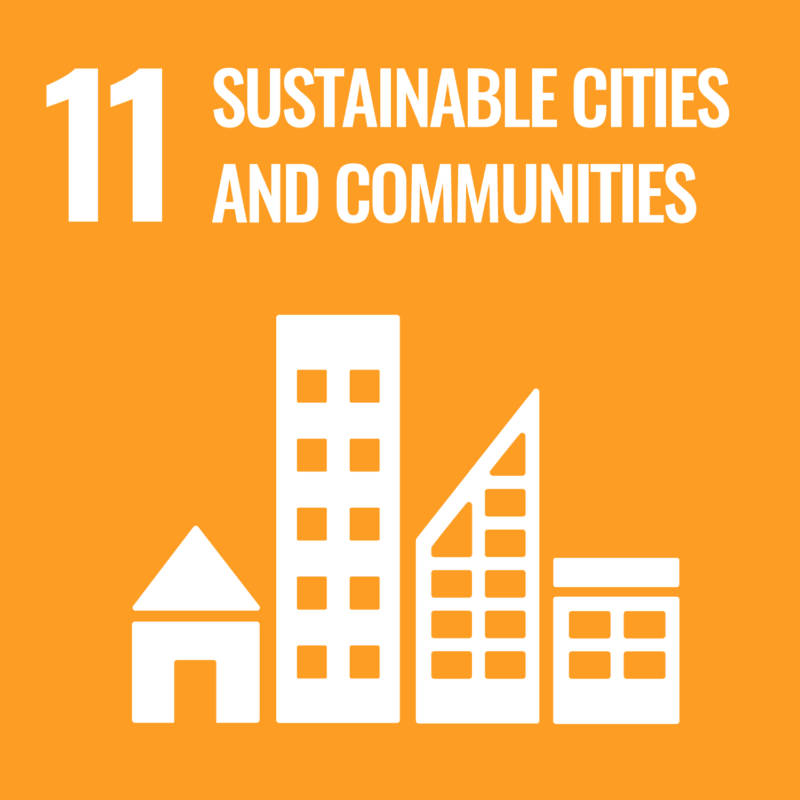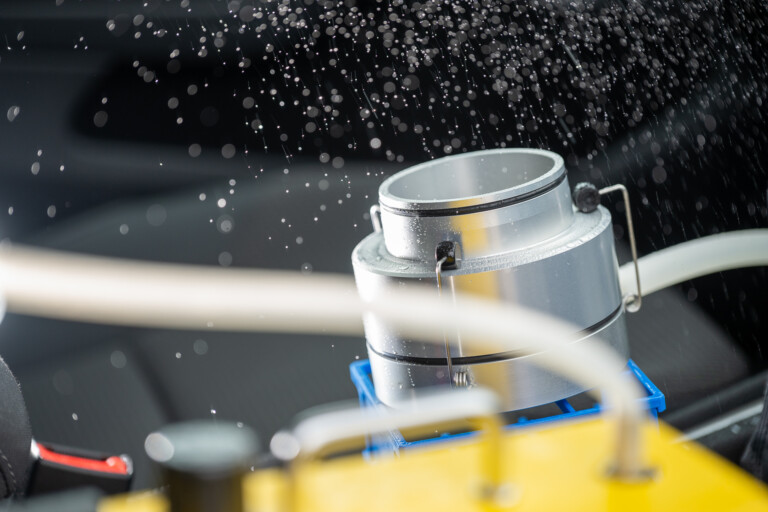OFI has been working on the topic of air hygiene and filter analysis even before the coronavirus pandemic. The importance of airborne bioaerosols for the transmission of diseases is undisputed. However, there is still a need for research into how to contain the spread of these efficiently. With the aim of closing knowledge gaps, the Austrian Research Institute for Chemistry and Technology (OFI), Güssing Energy Technologies (GET) and the Center for Social Innovation (ZSI) are pooling their expertise. In the research project “AeroMobil”, the three ACR members are working on the development of a new type of test facility that will make it possible to assess the air quality of various room concepts under real conditions in the future. In combination with a mathematical simulation model, this will make it possible to make precise statements about the potential risk of infection.
Assessment of the biological risk
In order to assess as realistically as possible how effectively a room concept protects against allergens, viruses and bacteria, the OFI experts work with bioaerosols in their test procedures. This means that particles are not only recorded in terms of size and number, but can also be assessed according to their biological risk. The researchers are thus demonstrating a pioneering spirit, as standardized biological test methods for the inactivation of pathogens currently exist almost exclusively for surface disinfection. The efficiency of air purification measures, on the other hand, can only be evaluated to a very limited extent. For example, the results of tests with non-biological aerosols, such as salt particles, only allow limited conclusions to be drawn about pathogens. In addition, it is currently only possible to test certain room dimensions.
Mobile test facility for realistic assessment
With the development of a mobile test facility, the research project “AeroMobil” aims to create the basis for carrying out tests with infectious viruses and other airborne biological hazards directly in real indoor spaces under standardized test conditions for the first time. What was previously only possible on a very small scale is now to be made possible in different dimensions and in a reproducible manner. As part of the project, the properties of airborne model viruses can be compared with those of pathogens. This has high practical relevance and allows the analysis of air hygiene in vehicles, healthcare facilities or offices.
The close cooperation between the ACR institutes involved means that the necessary expertise from various specialist disciplines is combined. The mathematical models are developed from the outset in close coordination with the actual laboratory tests. This allows the test scenario to be adapted to different room dimensions and other influencing parameters (e.g. additional ventilation) to be taken into account without having to test each individual scenario separately. Additional information on the risk of infection is to be automatically included from a literature-based database.
Involving SMEs right from the start
Even if the topic of air hygiene is slowly losing attention among the general public, the issue remains highly topical. Urbanization, air pollution, climate change – global developments make it clear that there is a need to address air quality and find innovative solutions. To ensure that these solutions are also application-oriented and meet the needs of the industry, operators and manufacturers of air purification systems are involved in the development process right from the start in the research project “AeroMobil”. The direct transfer of know-how to SMEs ensures that they can maintain their position in a globally growing market.






